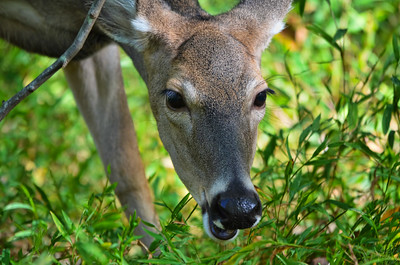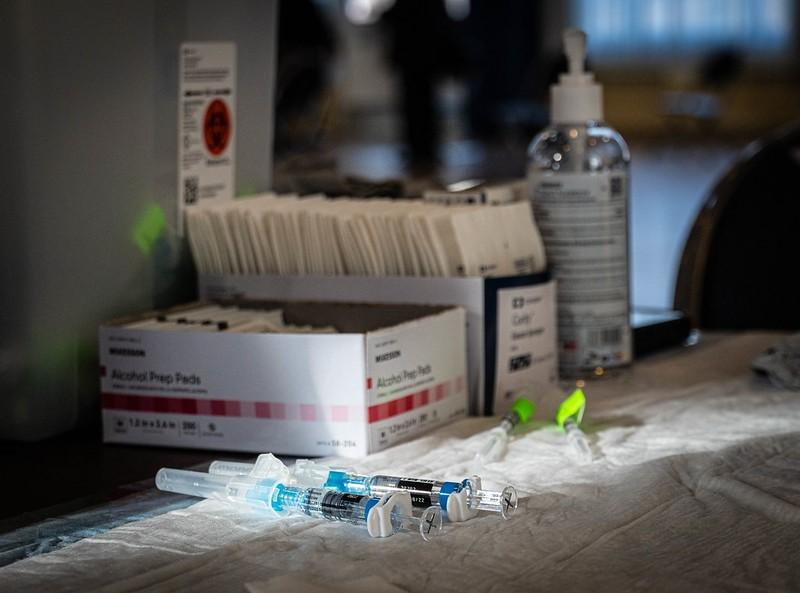
Trinity County joins the ranks of chronic wasting disease (CWD)-affected counties in Texas after a detection at a deer-breeding facility, the Texas Parks and Wildlife Department (TPWD) reported late last week.
The 2-year-old white-tailed doe tested positive during required CWD postmortem surveillance at the facility, a finding confirmed by the National Veterinary Services Laboratory in Ames, Iowa. Trinity County is located in eastern Texas; TPWD didn't provide the city.
"CWD has an incubation period that can span years, so the first indication of the disease in a herd is often found through routine surveillance testing rather than observed clinical signs," the press release said. "TAHC [Texas Animal Health Commission] and TPWD remind all deer breeders of requirements to report mortalities within seven days of detection and submit CWD test samples within seven days of collection."
First found in Texas in 2012
CWD, a neurologic disease caused by misfolded proteins called prions, affects cervids such as deer, elk, moose, and reindeer. The disease poses an ongoing threat to cervids because it can spread from animal to animal and through environmental contamination.
It isn't known to infect humans, but officials recommend not eating meat from a sick animal and using precautions when field-dressing or butchering cervids.
"In Texas, the disease was first discovered in 2012 in free-ranging mule deer along a remote area of the Hueco Mountains near the Texas-New Mexico border," TPWD wrote. "CWD has since been detected in Texas captive and free-ranging cervids, including white-tailed deer, mule deer, red deer, and elk."















